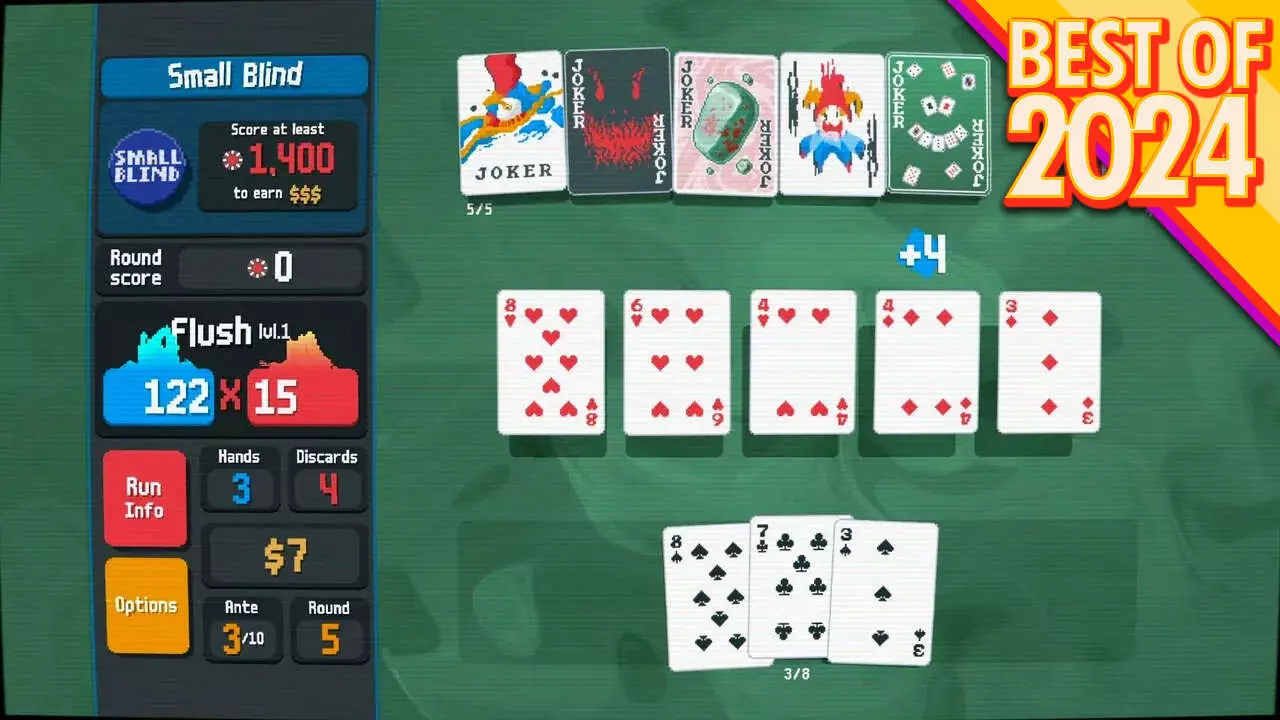In the realm of gaming, trends often come and go, but one clear and exciting trend has taken center stage—the resurgence of card games. The digital adaptation of traditional card formats seems to have caught the imagination of a diverse audience, uniting gamers of various backgrounds and leading to a revival of interest reminiscent of earlier decades. From mobile adaptations and innovative mechanics to community-based interactions, card games have become staple conversation starters and favored pastimes. This article delves deep into the motivations behind the current explosion in card game popularity and explores the potential future implications.
A significant factor behind the rise of card games lies in their accessibility, especially through mobile platforms. Games like Pokémon TCG Pocket have transformed daily routines for many, enabling players to enjoy the thrill of card collecting right from their pockets. The ease of grabbing a phone, logging into a digital library, and immediately engaging with a game creates a form of instant gratification that modern gamers crave. The allure of pulling rare holographic cards or full-art editions transforms what could be a simple hobby into something almost addictive.
Importantly, these digital versions have evolved beyond mere digitization. They incorporate exciting mechanics and user-friendly interfaces, drawing both long-time fans and newcomers into their fold. The social media wave surrounding card packs, where players eagerly share their latest hauls with friends, further drives the communal aspect of card collecting. It’s a cycle of excitement that blends individual achievement with group interaction, subsequently fueling the popularity of these games across platforms.
As complex narratives increasingly dominate modern gaming, there is a growing desire for simplicity. Reverting back to basic gameplay mechanics presents users with a comforting retreat from intricately woven storylines and convoluted mechanics that often accompany larger titles. Games like Balatro epitomize this simplistic yet engaging style—combining elements of poker with classic solitaire to deliver an easy-to-understand yet thoroughly enjoyable experience.
In times of stress, navigating these uncomplicated games can serve as a breath of fresh air. They provide a relaxing escape where players can concentrate on straightforward challenges without heavy ramifications—a welcome relief that players have been longing for. The gameplay often becomes a fulfilling ritual, allowing for focus and distraction in equal measures while socializing with friends or strangers alike.
Social Dynamics and Community Building
Among other benefits, the social aspects of card games cannot be overlooked. Many players find themselves drawn into this world not only due to the mechanics but due to the shared experiences with friends. Whether playing Magic: The Gathering at friends’ gatherings or enjoying friendly banter while opening booster packs, these games foster relationships and create shared memories.
In a time when social interactions are often reduced to screen time and digital communication, the tangible aspect of card games offers something more personal and engaging. Even as one becomes immersed in the deep strategies and intricacies of these games, a sense of community prevails—one that longs for connection, collaboration, and shared growth.
Looking toward the horizon, the future of card games appears bright and full of potential. With anticipated releases like Slay the Spire 2 on the way, there’s a palpable excitement around how it could redefine the genre once again. The increasing interest in crossovers, such as Balatro’s “Friends of Jimbo” series, showcases an innovative approach to keeping the excitement alive as various franchises engage players in fresh and unexpected ways.
Developers are recognizing the substantial demand for card games across all mediums. The recent expansion of Riot Games into trading card territory with the League of Legends franchise illustrates this point. With so much momentum in the air, it’s reasonable to speculate that the card gaming phenomenon will transcend mere trend status and settle into a definitive space within the larger gaming culture.
The ongoing card game revolution is multi-faceted, driven by simplicity, nostalgia, and community engagement. From mobile adaptations that allow for personal collectibles to the social gatherings that foster friendships around the dinner table, card games have become an essential part of modern gaming culture. As unique mechanics and innovations arise, gamers invest in this world with an enthusiasm that seems poised to persist. Ultimately, it’s a remarkable time to embrace card games, and who knows where it will all lead next?

